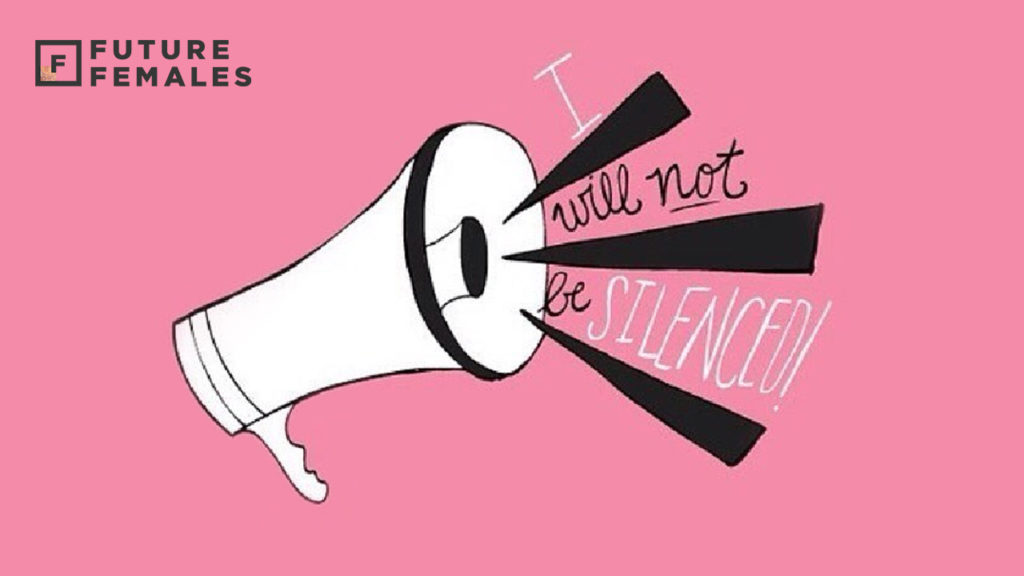The internet has caused a worldwide transformation in how we communicate, network and interact with one another. Social media is a powerful platform to share ideas, experiences and insight. For this reason, it has the power to break barriers and change strongly held stereotypes. Recently, a story that has taken the internet by storm is the rape of a minor at a well-known family restaurant in Pretoria, South Africa.
Details of the story cannot be read or heard about without it pulling at your heart strings in some way or form.
It is extremely important that incidences of sexual abuse are brought to light. Social networking platforms are opportunities for people to bring awareness to serious issues of this nature and to work towards the eradication of violence.
Moreover, it is disturbing to report that the sexual violation of an innocent child is not something unheard of. The rate of sexual violence in South Africa is amongst the highest in the world. Reports have shown that some victims of sexual abuse have been violated by the men closest to them, such as their very own spouse or father.
The statistics reflecting the incidence of child sexual abuse is not an accurate reflection of its occurrence because many of the cases that are not reported. It is for this reason that I address you today. Social media has the power to bring to our attention important matters we would never have known if we’re not one to purchase a newspaper at our local supermarket. We live in a world now where people consume their news through social media platforms, just as much, if not more, as from ‘old school’ sources like newspapers and magazines. Using social media to broadcast news can now be used as a tool for change. Bringing a story like this to light using our platforms is the first step in eradicating violence and discrimination against women of all ages and putting an end to rape culture. I strongly believe that awareness is the first step toward change.
It is with this that I share this with you today. I share this as a cry of urgency; as an agenda item of absolute priority. It is our time as women to stand up and to step out. This could have happened to our child, our younger sister. It is a situation which should drive us all into building a safer and more secure society for all our children. Our children of today are our pioneers of tomorrow. They are the legacy we leave behind when we are no longer. They are the driving force toward the future.
An article on TIME magazine which has caught my attention is titled: “Rape Culture is Real”. The article starts off with a quote, reading: “You were drinking, what did you expect?”. A victim of rape went to someone she thought she could trust after her roommate’s boyfriend sexually assaulted her. People close to the victim even questioned what she was wearing when she was raped. As if this is a valid question to ask somebody who has been violated in this manner. In my opinion; this is where the problem starts. The fact that women get blamed for being victims of rape by their behaviour or their dress code is preposterous.
The term rape culture was first coined by Susan Brownmiller’s Against our Will; in 1975. The term became well-known as “rape supportive culture”. Hereafter, In the 1975 documentary the term was finally coined: “rape culture” (Rentschler, 2014). This is significant in that it does not focus on the perpetrator of sexual violence; but on the social and cultural systems of beliefs that justify sexual violence; especially against women (Rentschler, 2014).
Furthermore, rape culture refers to the complex set of beliefs which supports male sexual violence and encourages the abuse of women. Rape culture seeks to eradicate physical and emotional abuse of women from sexual remarks, to inappropriate and non-consensual touching, doorways leading to incidences of rape (Rentschler, 2014).
The recent events which unfolded in a well-known family restaurant in South Africa has sparked a new flame within me. There is something about the abuse of an innocent child that makes me feel uncomfortable and livid. Reading this story made me as the reader feel unsettled and violated. I cannot begin to imagine what that little girl must have felt in that very moment.
I thus urge you, reading this post…to be an advocate for change. I urge you to break the silence on violence and to speak up against violence whatever its form. It is important for us to critique the social norms that have been so deeply embedded within society. The social norms which cause us to blame victims of abuse for being abused. Realising that we have the mental capacity to change our thinking will give us the tools we need to build a better, safer and more accountable society. Social media is our tool. We are living in a decade where social media is everything. Let us make social media a platform to bring light to these incidences of violence; whether the victims are male or female…their stories are valuable and need to be heard. This is the wrong time to be silent; it’s the wrong time to sweep issues under the rug. No matter how uncomfortable and disserting the subject is; turning a blind eye towards it only reinforces the cultural norms justifying such acts of sexual violence.
Social media platforms are our placards, they are our voices in the fight for a radical revolution. As a society we should aim to adopt a feminist anti-rape activism approach (Rentschler, 2014) and mission to eradicate rape culture in our society for good.
I don’t know about you – but I will NOT be silenced!
References:
TIME magazine article http://time.com/40110/rape-culture-is-real/
Accessed: 02/10/18
Rentschler, C. A. (2014). Rape culture and the feminist politics of social media. Girlhood Studies, 7(1). 65-82.

